Happy Indigenous Peoples' Day!
Indigenous Peoples' Day is a celebration of the cultures of those who were settled in the Americas before Europeans arrived. Throughout the Americas, countries celebrate Columbus Day, but in some US states and cities, there is a movement to change the day to Indigenous Peoples' Day.
How to celebrate Indigenous Peoples’ Day
There are many ways to celebrate Indigenous Peoples’ Day, whether it’s in the US as a replacement for Columbus Day or on the Summer Solstice in Canada.
- Participate in a cultural appreciation event – There are often events that celebrate the cultures of the First Nations, as the indigenous people are often referred to. Things like powwows and parades occur all over North America. Many people worry that this is “cultural appropriation,” but organized events should avoid this problem.
- Donate to indigenous peoples’ rights organizations – The people of the First Nations struggle to keep their rights and be treated as equals by individuals and governments at every level. A donation to one of these organizations can be used to help affirm those rights and help native peoples achieve the equality they deserve.
- Be a part of the activism – There are a steady stream of events to protest the trampling of indigenous peoples’ rights, unfortunately (it would be better if they weren’t needed). Join those protesters and activists in helping to affirm the rights of native peoples.
- Disavow Columbus Day – It’s not enough to celebrate Indigenous Peoples’ Day; you need to let the world know that you refuse to celebrate Columbus Day for what it means. It represents the first day of a genocide that has continued for over 500 years. Post it on social media, tell others, even put a bumper sticker on your car. Make it clear that you’re not proud of how your European ancestors behaved and the things that they did.
- Watch a Native American film – We've compiled a list of some of our favorites, starring some of your favorite indigenous actors.
- Purchase Native American art – There are some amazing artists in the native communities of the Americas. Purchasing art from these artists can put money into native economies and help support native families. It’s the most direct way to help improve the lives of individuals.
- Read a book – There are a huge number of books about the lives and trials of the native peoples of North America. Here is a list of books you can read (then donate them to your local library or put them on the shelf at a coffee shop):
- An Indigenous Peoples’ History of the United States by Roxanne Dunbar-Ortiz – There is a very different perspective to learn about. History is written by the conquerors, but you can learn something from the people who were overrun by European guns and diseases. Change your view of the United States by seeing it through the eyes of those who have always been “less than.”
- Bury My Heart at Wounded Knee by Dee Brown – This classic of native history looks at how the American West affected those who had already been there for thousands of years before the Europeans arrived. This book should be required reading for every North American.
- 1491: New Revelations of the Americas before Columbus by Charles C. Mann – New evidence indicates that native cultures were far larger and more advanced than we’re taught in school. See how the natives didn’t just live in a pristine wilderness but changed the world around them to suit their needs.
- Promote Indigenous Peoples’ Day where you live – If you live in a place where Columbus Day is still celebrated, push for your city, county, or state to recognize the indigenous peoples who used to live there, and, in most of North America, are still nearby. Talk to civic leaders, start a petition, and promote a formal recognition of Indigenous Peoples’ Day.
In parts of the USA, Indigenous Peoples' Day Replaces Columbus Day
Columbus Day, the holiday created to celebrate the arrival of Christopher Columbus arrived in North America, was celebrated as far back as 1792, 300 years after the Italian explorer landed in the Caribbean. Over the years, it was celebrated throughout the Americas, including the United States and Canada.
It is still a legal holiday in the US where banks and government offices are closed. Columbus Day in the United States is October 12. In Canada, that date is Thanksgiving Day.
Canada is one of the few nations in the western hemisphere that doesn’t celebrate some form of Columbus Day.
Many municipalities and even a couple of states have decided to forego Columbus Day and use that day to celebrate the indigenous cultures of the Americas. This change represents a recognition that the arrival of Columbus represented the destruction of much of the indigenous population. Worse, Columbus and those who followed often intentionally killed and gave diseases to the natives of the Americas.
These states celebrate Indigenous Peoples’ Day or Native American Day:
- Vermont
- South Dakota
- Oregon
- Minnesota
- Hawaii
- Alaska
Cities as far apart as Anchorage, Alaska, and Portland, Maine, and Los Angeles celebrate the lives and culture of the native people who lived here before the arrival of Columbus and other Europeans.
As a footnote, oddly Columbus Day itself was created to battle discrimination. Italian-Americans were discriminated against, even with a federal commission in 1911 issuing a report that criminality was genetic among Italians. Upon gaining some political power, they pushed for a holiday that celebrated an Italian (Columbus was alleged from Genoa) to overcome some of the discrimination.
In Canada, Indigenous Peoples' Day is in June
Indigenous Peopless Day takes place on June 21, the date of the Summer Solstice.
Originally called National Aboriginal Day, the day was first celebrated in 1996 when the Governor General of Canada proclaimed that the day would be celebrated. The name was changed to Indigenous Peoples’ Day in 2017.
International Day of the Indigenous Peoples
From the United Nations:
There are an estimated 370 million indigenous people in the world, living across 90 countries. They make up less than 5 percent of the world's population but account for 15 percent of the poorest. They speak an overwhelming majority of the world’s estimated 7,000 languages and represent 5,000 different cultures.
Indigenous peoples are inheritors and practitioners of unique cultures and ways of relating to people and the environment. They have retained social, cultural, economic and political characteristics that are distinct from those of the dominant societies in which they live. Despite their cultural differences, indigenous peoples from around the world share common problems related to the protection of their rights as distinct peoples.
Indigenous peoples have sought recognition of their identities, their way of life and their right to traditional lands, territories and natural resources for years, yet throughout history their rights have always been violated. Indigenous peoples today, are arguably among the most disadvantaged and vulnerable groups of people in the world. The international community now recognizes that special measures are required to protect their rights and maintain their distinct cultures and way of life.
In order to raise awareness of the needs of these population groups, every 9 August commemorates the International Day of the World’s Indigenous Peoples, chosen in recognition of the first meeting of the UN Working Group on Indigenous Populations held in Geneva in 1982.
The Argument Against Indigenous Peoples’ Day
There are many people who will resist promoting Indigenous Peoples’ Day, particularly in the USA. This stems from a fear that European history in the Americas will be washed away and that all white people will be demonized.
If you enter into a conversation with someone about this, it can be tough to not get a bit upset, but understand that everyone wants their culture recognized. European culture will always be important to North America, but there is plenty of room for other cultures, especially the ones that were here before Columbus arrived. It’s not about making some people feel or seem bad; it’s about celebrating people whose vibrant and fascinating cultures have been forgotten.
Last Updated on October 11, 2021 by Paul G
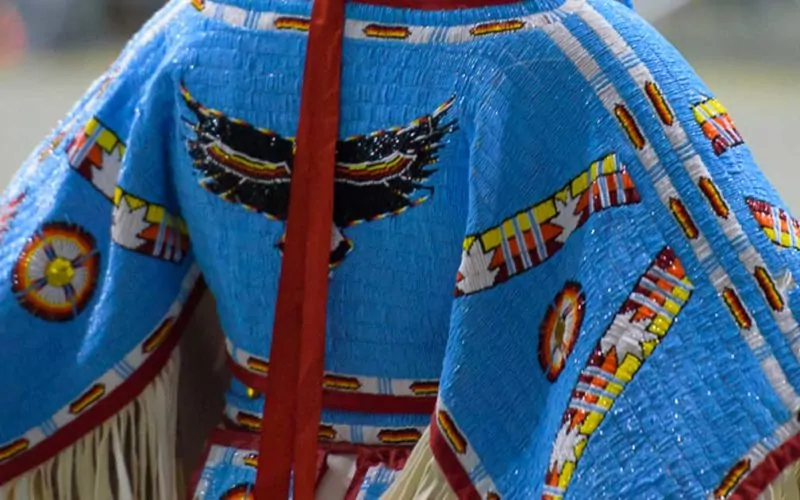
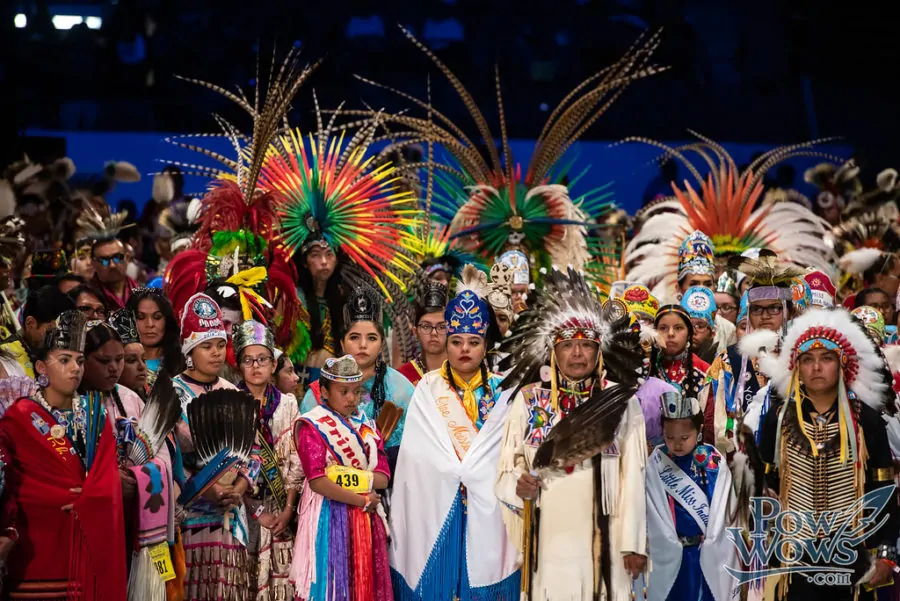
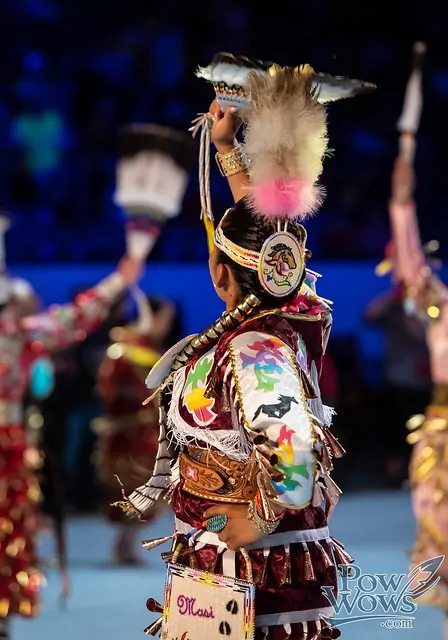
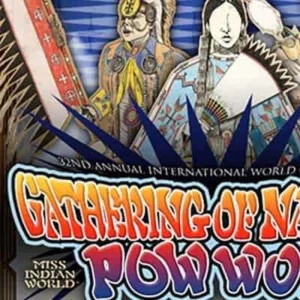
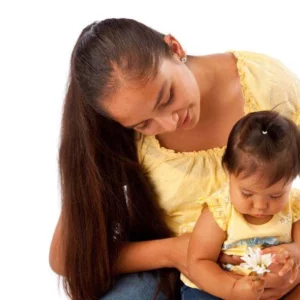
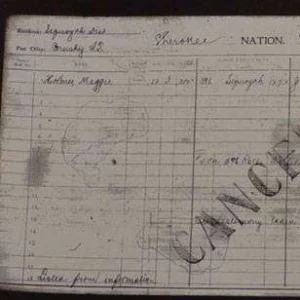
Sabrina Bell
says:This past Sept 30th, 2021 we celebrated Indigenous day in Canada. I believe this will be the new day we will be celebrating and hopefully, reconciliation for the wrong hurtful past and present atrocious acts that were done to and against all indigenous metis people! I suggest that anyone from the indigenous/metis communities that can make pins with beads, make an orange T-shirt pin for Sept 30th for sale, not unlike the poppy we wear to honour the Vets on Nov. 11! I would buy and be honoured to wear one every year on Sept 30th! Sabrina Bell from Edmonton Alberta Canada.
Just a suggestion
Rae Rae
says:Today (Mon., Oct. 11, 2021), 14 U.S. states celebrate Indigenous Peoples’ Day and not Columbus Day.
*See link below:
https://nationaltoday.com/indigenous-peoples-day/#:~:text=Today%2C%2014%20U.S.%20states%20celebrate%20Indigenous%20Peoples%E2%80%99%20Day,celebrate%20Indigenous%20Peoples%E2%80%99%20Day.%20Indigenous%20Peoples%27%20Day%20timeline
“Contrary to popular belief, there is no evidence that Columbus ever set foot on mainland North America.”
*Quote taken from:
https://allthatsinteresting.com/who-discovered-america
I have NEVER understood how a place could/ can “be discovered” when there are already peoples LIVING there. I, for one, maintain Columbus was- and STILL IS- a DISGRACE.
Sabrina Bell
says:I believe all schools in Canada should teach about the indigenous day and history, future !!
It is most necessary that all Candian children start at a very young age to learn about how terrible so-called “religious people” wanted to eradicate a whole culture of peoples who were in the countries of North America.
A lot of history to learn how dreadful we treated the Natives of our Country of Canada. Splitting up the children from parents and sending them to schools where they were not allowed to speak their native language had their beautiful locks of hair chopped off! Their whole nature took away from them. Made to believe the devil was inside them! We better have a holiday for the indigenous. People! Must celebrate their day! Teach about all they went and are going through today. It would be so nice if we were able to teach the different aboriginal languages in school. I tried to learn Cree found it extremely hard.
Kathleen King
says:I am a European mongrel without a drop of Native American heritage, yet I feel such affinity and pride in all our First Nations and their people, their cultures –however now diluted, and achievements. Paul, you and I have had at least a couple of discussions previously and I have enjoyed them. Today, October 12, 2020, is a day which marks yet another insult to the First Americans uttered by the man who currently occupies The People’s House and I am ashamed. Today, a “monument” came down in New Mexico… justifiably toppled by those to whom apologies are due and too long denied. Soon perhaps more will be discarded or, if of some artistic merit, relegated to a museum or gallery with full explanations attached. Likewise, we can hope that by NEXT October there will be an official National Indigenous People’s Day with a parade and PowWow on the Mall. (It seems to me that Italian Americans can find a more worthy “hero” than Colon, who most likely was not even Italian — especially since “Italy” did not even exist when Chris went to work for Isabella.) I can think of nothing I would like better than to have frybread on the Mall and honor the people I am not but wish I were.
Shirley Smith
says:Hello Paul. Thank you for your article . Being of multi-cultures (now), but born of Native origins ancestrally, I hope and pray for ALL Native People, that the day will come, where there is healing from within both our individual spirits and as a people, of WHO we are.
It really saddens me whenever I see this issue of blood percentage. If a person is born with Indian blood, I have always felt that is a PART of that person, period. We truly do not need to pull one another apart from deciding who is Native. The government has already tried to do that.
I guess that’s all I have to say, except that we are a People. Let us grow into a people. One great family, one people. Respect and cherish one another.